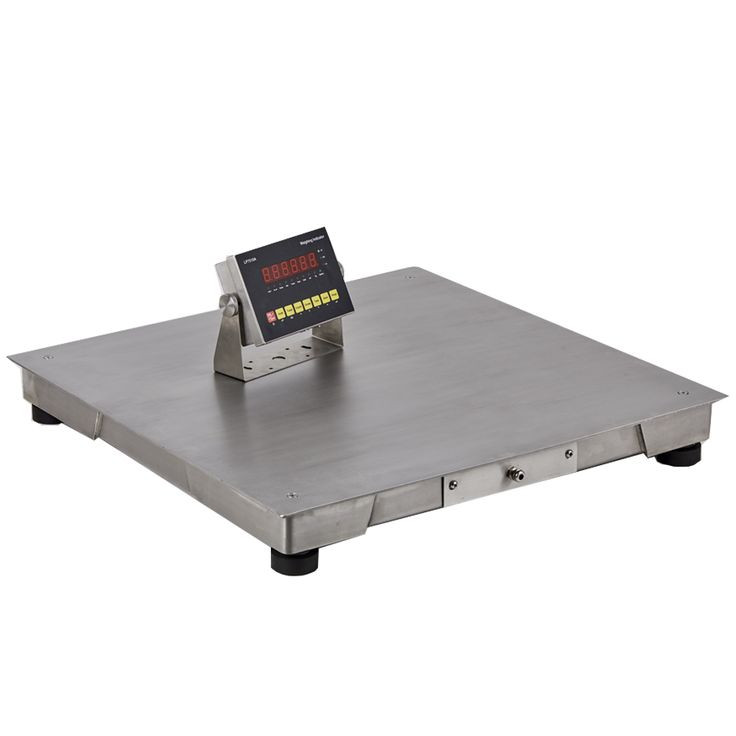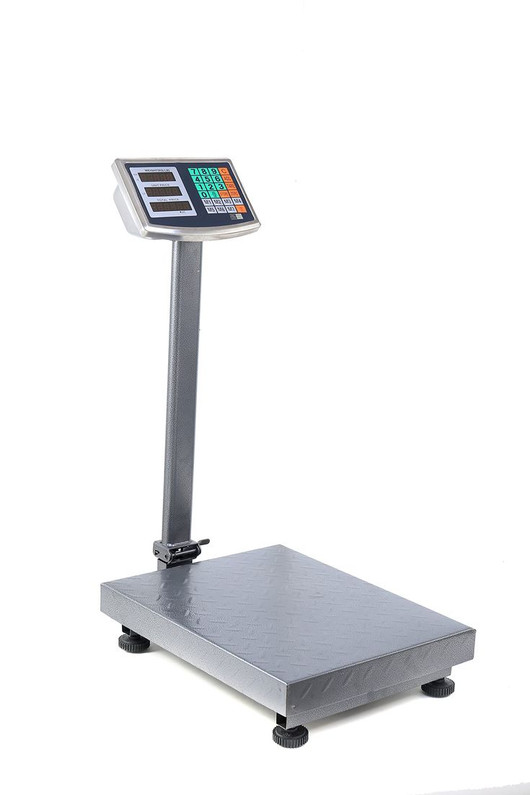Understanding the Importance of Regular Calibration of Medical Scales
When it comes to healthcare settings, precision and accuracy are immensely important, especially when monitoring and assessing a patient's health. One of the most useful tools in this regard is the medical scale. From hospitals to clinics, digital medical scales are used for measuring patients’ weight and tracking their progress.
However, to ensure that these scales are reliable, they require precise calibration. In this article, we will discuss the importance of regular calibration of medical weighing machines. Keep reading the article, as we have discussed all the points with attention to detail.
Key Takeaways:
- Ensures Patient Safety: Regular calibration of medical weight scales ensures accurate readings for better healthcare decisions, especially for patients with weight fluctuations.
- Compliance with Standards: Proper calibration helps healthcare facilities meet legal requirements and maintain patient safety.
- Cost-Effective Maintenance: Regular calibration extends equipment lifespan and prevents costly repairs.
Why Calibration Matters in Healthcare
We understand that calibration is something that is not commonly discussed in healthcare, but that does not mean that it is not important. If any medical weight scale is not precisely calibrated, it might lead to inaccurate measurements and severe consequences in terms of the patient's health. Whether you are tracking a patient’s weight for medical monitoring or fluid retention, incorrect calibration can lead to misdiagnosis and faulty treatment plans.
Regular calibration of such scales ensures that readings are accurate, which would help healthcare professionals to provide the best care for the patients. When the scales are calibrated according to the medical scale calibration standards, they provide consistent and reliable data, which is of extreme importance for the patient's safety.
The Role of Medical Scales Calibration in Healthcare
Medical scale calibration is the process that involves adjusting the scale to get precise and accurate readings so that incorrect results can be avoided. Several factors can affect the accuracy of a professional medical weighing scale, such as wear and tear and, most importantly, the weight of the patients being measured.
For instance, a digital medical weighing scale may start showing slightly off readings due to internal components shifting or malfunctioning. This can be particularly problematic in medical facilities where patient weight is closely monitored for treatment protocols, particularly in the case of elderly or critically ill patients.
Importance of Scale Calibration in Healthcare
Proper scale maintenance in healthcare ensures that all measuring instruments, including medical weight scales, are functioning optimally. When scales are not properly calibrated, it increases the risk of not getting the precise results of the patient's progress, which can lead to improper diagnosis and judgments.
Consider a scene where smart medical equipment is used to monitor the weight of a diabetic patient. Now, here is the most important point that if the scale is out of calibration, it would not provide an accurate fluid retention weight, which would result in potentially overlooking the complications that might result in uncontrolled sugar levels.
Certified medical scale calibration ensures that the medical weighing scale remains within the tolerance limits and meets the standard which is set by the health authorities so that the health of patients can be prioritized.
Real-World Examples and Case Studies
In one case study made in New York has been using a medical scale was used without calibration. The hospital staff or the nurses noticed inconsistencies in the weight measurements, especially with the patients who were having fluctuations in weight due to the kidney treatment going on.
However, after several complaints, an investigation was launched to find out exactly what the loophole was, and it was surely not surprising to find out that the hospital’s medical scale was out of calibration for months and no one had noticed. It is not something new because it is only one of the few cases that have been noticed.
Once the hospital recalibrated the scale, the staff saw a major correction in the weight measurement of the patient and helped them effectively manage the dialysis treatment. The precisely calibrated scales allowed the doctors to effectively track the patient’s weight in real-time so that they could be treated precisely according to the correct data and help them recover in a shorter period.
The Benefits of Regular Calibration of Medical Scales
With the rise of IoT health devices and smart medical weighing machines, precise calibration has never been more important. These advanced scales are made with leading technologies so that these scales can be enabled to collect and analyze data in real-time. However, if the sensor’s readings are not calibrated regularly, that might lead to incorrect readings.
Take it as if a smart scale's accuracy is off due to improper calibration; there are increased chances that the physician would take readings based on inaccurate measurements that would compromise the patient's safety.
The Benefits of Regular Calibration of Medical Scales
Below, we have shared some benefits of regular calibration of medical scales.
Improved Patient Safety
Using the calibrated scales helps ensure that doctors are taking correct health measurements and that they are making the right diagnosis. It helps them to efficiently monitor the progress of the patients, especially of those who are facing diseases in which weight fluctuations are normal.
Compliance with Regulations
Many healthcare providers are required to use the scales that are precisely calibrated so that they would comply with the regulations and industry standards or simply the rules set by senior health authorities to ensure patient safety and quality treatment.
Extended Equipment Lifespan
Calibrating medical equipment not only improves accuracy but, most importantly, increases the life of the equipment. Regularly maintaining the equipment avoids costly breakdowns and repairs so that you do not have to blow your bank account to maintain the machines.
Frequently Asked Questions (FAQs)
Q: Is it important to get calibrated medical equipment?
A: Yes, it is important to get calibrated medical machines so that doctors can efficiently measure the patients’ weight, and their safety can be ensured.
Q: Can non-calibrated medical scales violate the law and rules?
A: Yes, using non-calibrated scales can violate the law and rules set by authorities to ensure that health facilities provide top-notch health services and patient safety and that treatment is not compromised at all.
Q: Is it important to regularly maintain the scale calibration?
A: Yes, it is important to regularly maintain the scale calibration so that you can avoid costly breakdowns. Most importantly, regular maintenance ensures that you track your patient’s progress effectively.
Final Words
Regular calibration of medical weighing scales is an essential part of maintaining health scale accuracy and ensuring the safety and well-being of patients. Whether you're using traditional professional scales or smart medical weighing scales, proper calibration ensures that measurements are precise and reliable, helping healthcare providers make informed decisions.
By adhering to medical scale calibration standards and keeping your equipment well-maintained, you are investing in better patient outcomes and meeting healthcare industry requirements. Don’t let inaccurate readings compromise patient care; make calibration a priority.
Recent Posts
-
Everything You Must Know to Ensure Industrial Scale Compliance and Avoid Costly Fines
Did you know one bad scale reading can get you fined? It's true. Many businesses mess up their scale …3rd Feb 2026 -
Maintenance Playbook for Industrial Scales: Preventive, Predictive, and Corrective Maintenance
Are your industrial scales costing you money? One hour of downtime can stop your entire production l …3rd Feb 2026 -
Stop Losing Thousands: The Certified 7-Step Industrial Scale Calibration Checklist for Flawless Accuracy
You check your inventory reports, and the numbers don't add up. Again. Those discrepancies often tra …2nd Jan 2026


